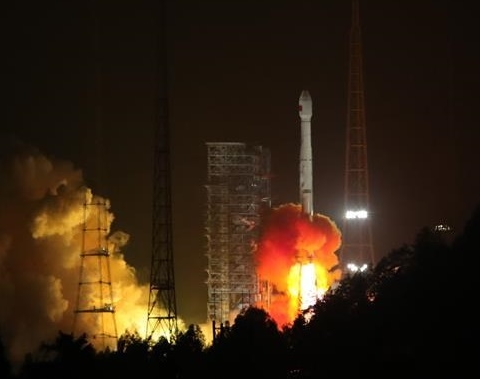Connectivity of China with South Asia under the Belt and Road Initiative can only make a better Asia, experts said here on Tuesday. Addressing a two-day seminar entitled International Conference on South Asia – China connectivity for Regional Economic Social Development, which was organized by Kathmandu School of Law (KSL), experts stressed on finding the common grounds and visions for partnership between South Asian nations and China. “South Asia is geographically connected but psychologically divided. All the South Asian countries including India should move ahead together with China to realize the dream of creating the Asian Century”, Dr. Yubaraj Sangroula, head of the KSL said in the inaugural ceremony. The China- proposed Belt and Road Initiative has created new hopes in the whole region, an academician from Bangladesh, Zakir Hossain, said in his speech. “It is not just about connectivity of roads or seas but connectivity of economies which can improve the lives of people of the whole region”, said Hossain, the former dean of Bangladesh’s Chittagong University. Muhammad Amir Rana, director at Pakistan’s Pak Institute of Peace Studies, said South Asian nations should learn how China transformed its economy. “China’s success story can lead other nations to reform or modernize the economy. We should follow their vision of change to achieve socio-economic development. On the occasion, Prof. Chen Xiaochen of China’s Renmin University said the Belt and Road Initiative is all about common development through international cooperation. “Cooperation is the major need today which can fill the gap of development in the world”.
Latest from ASIA
At the invitation of Chinese Foreign Minister Wang Yi, Dmytro Kuleba, the Minister of Foreign Affairs
The official media of the Democratic People’s Republic of Korea (DPRK) today called on the international
China and Kyrgyzstan today agreed to establish a comprehensive strategic partnership. The agreement was reached during
After days of touting success in managing to bring the leader of the rogue nuclear regime
China will launch another 11 BeiDou-3 satellites by the end of 2018, adding to its domestic








